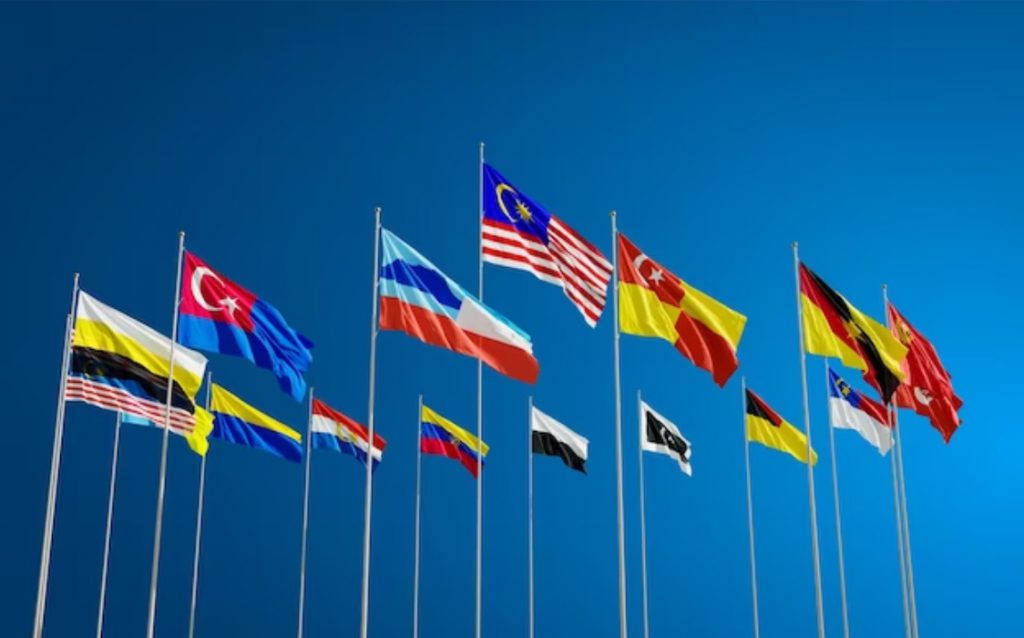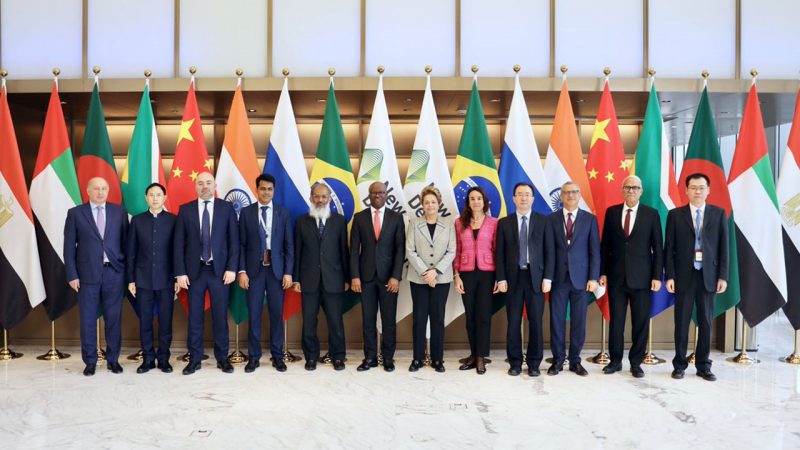The BRICS alliance is advancing in the de-dollarization agenda by cornering the US dollar on the global stage. Local currencies are given prominence while the greenback is being sidelined for international transactions. Many countries like Nigeria and Iraq have also imposed a blanket ban on the USD in foreign exchanges and oil settlements.
If BRICS comes up with a groundbreaking path for de-dollarization in the upcoming summit in Rio de Janeiro, the US dollar could be under tremendous pressure as emerging economies are waiting to topple its global dominance. It’s no longer about ‘how the US dollar will be brought down, but is about when’.
Also Read: BRICS Will Unveil Most Ambitious Plan: US Congressman
71 Countries Had Settled Trade Before BRICS Started De-Dollarization


A total of 71 countries have settled trade payments without the US dollar much before BRICS kick-started the de-dollarization process. The latest data compiled shows that de-dollarization has been initiated in trade, diversifying in reserves, reduction in foreign exchanges, and settling payments in oil and other commodities in local currencies.
The first instance goes back to 2011 when BRICS member China favored the Chinese yuan and not the US dollar. China had purchased oil in the gold-backed yuan making a gradual shift from the traditional form of payment. The success of this transaction led China to push the agenda slowly on other trade deals throughout the years.
Also Read: Brazil To Launch Chinese Yuan Bonds After BRICS 2025 Summit
This includes countries from Europe, South America, Asia, Africa, and Australia. Even allies and foes have been a part of de-dollarization making the US stand alone on the global stage. While these transactions happened before 2022, BRICS took de-dollarization seriously with a quest to teach the US dollar a lesson after the White House pressed sanctions on Russia for invading Ukraine.
The 17th BRICS summit in Brazil on July 6 and 7 could put the US dollar under the spotlight. Developing countries no longer want to be dictated by the West but aim to chart their own course in the global financial sector. The next decade could be much different as emerging economies look to seize power.





